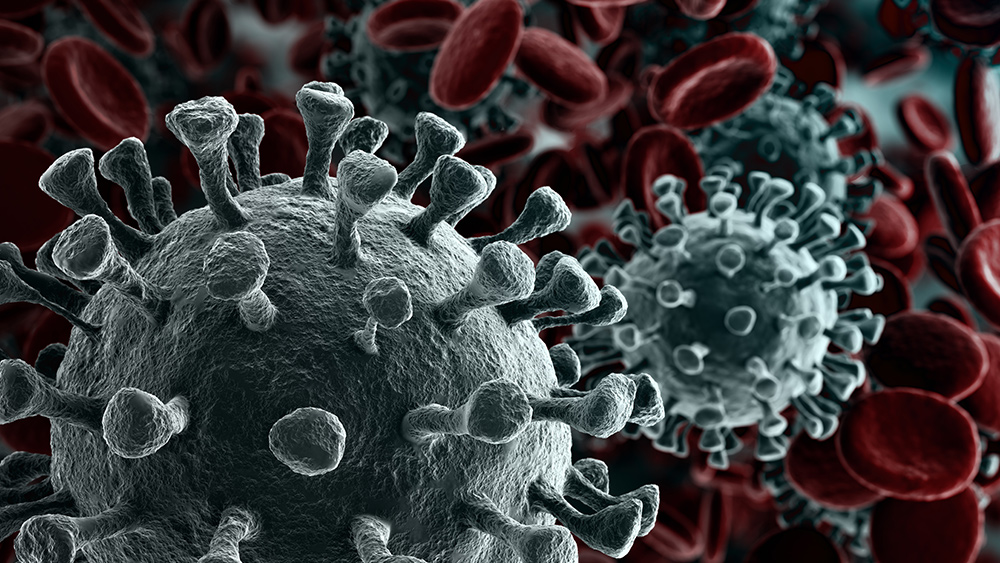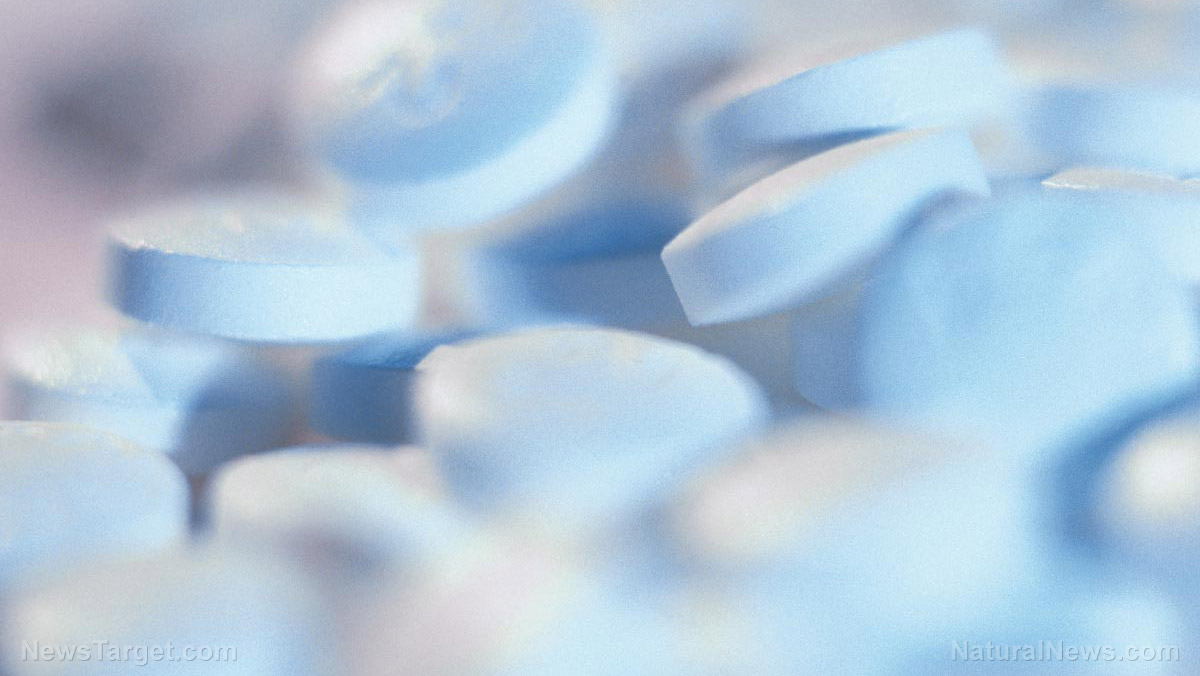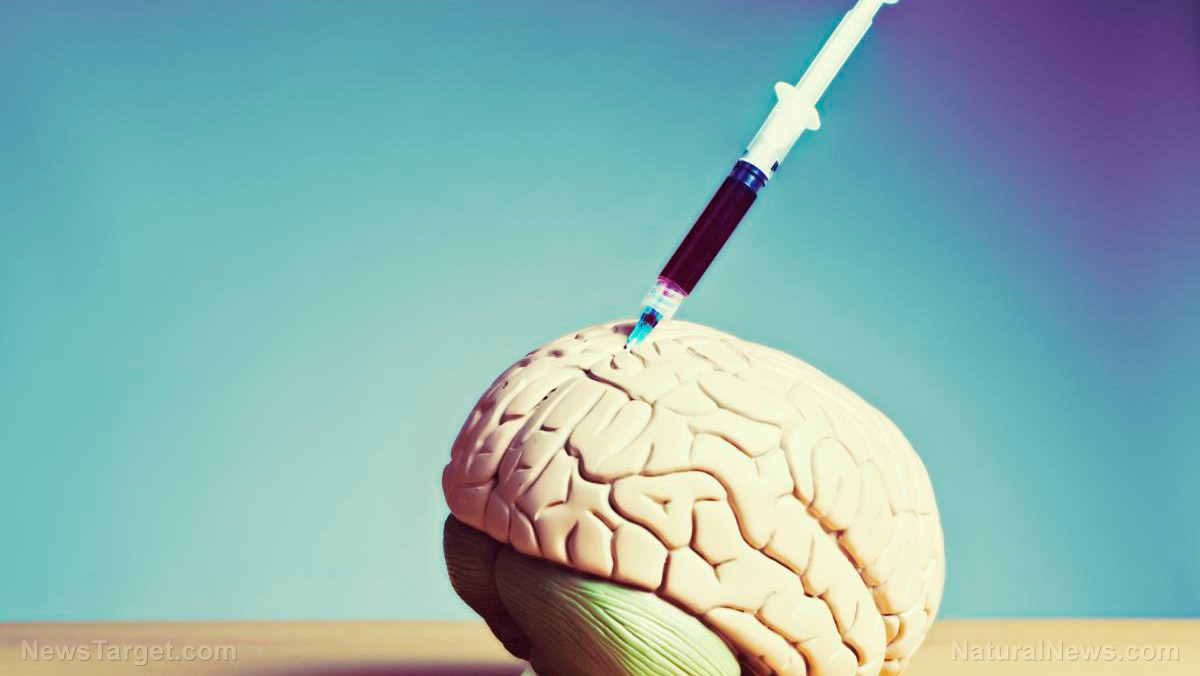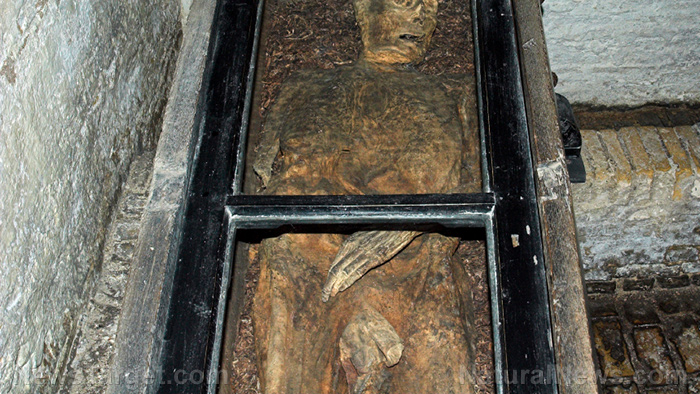
Some unvaccinated Americans are refusing blood transfusions from vaccinated donors for fear that the blood from someone who has received a coronavirus (COVID-19) vaccine is tainted in some way.
The mainstream media and some health news sites quickly jumped on the opportunity to label the so-called anti-vaxxers as believers and spreaders of misinformation. They say that the anti-vaxxers believe the blood of a vaccinated individual contains a microchip or ingredients necessary for human cloning.
The majority of Americans are now vaccinated against COVID-19 with 60 percent of the U.S. population and 72 percent of adults at least partially vaccinated, according to the Centers for Disease Control and Prevention (CDC). This means that available blood donors in the country at this point are mostly vaccinated.
"We are definitely aware of patients who have refused blood products from vaccinated donors," said Dr. Julie Katz Karp, director of the blood transfusion program at Thomas Jefferson University Hospitals in Philadelphia.
"If for some reason we didn't want vaccinated people to donate blood, we'd be in a real problem, wouldn't we? Please believe us when we tell you it's fine."
Blood centers have only limited access to donated blood that has not in some way been affected by COVID-19. Based on samples, Katz estimated that as much as 70 percent of the blood currently being donated is coming from vaccinated donors.
More than 90 percent of current donors have either been infected with COVID-19 or vaccinated against it, said Dr. Michael Busch, director of the Vitalant Research Institute. Busch has been monitoring antibody levels in samples from the U.S. blood supply.
Blood donors not screened for COVID-19
The Food and Drug Administration (FDA) does not recommend routine screening for COVID-19 among blood donors. In general, respiratory viruses are not known to spread by blood transfusion and there has been no reported case of SARS-CoV-2, the virus that causes the disease, being transmitted through blood.
Emily Osment, an American Red Cross spokesperson, said her organization has fielded questions from clients worried that vaccinated blood would be tainted and capable of transmitting components from the COVID-19 vaccines. Red Cross officials said they've had to reassure clients that the vaccine, which is injected into muscle or the layer of skin below, doesn't circulate in the blood.
"While the antibodies that are produced by the stimulated immune system in response to vaccination are found throughout the bloodstream, the actual vaccine components are not," Jessa Merrill, the Red Cross director of biomedical communications, said in an email.
The idea that the vaccine itself is contagious has circulated in recent months.
There have been claims that proteins can shed protein molecules from a vaccinated person to an unvaccinated person, effectively infecting the unvaccinated person the same way a person can be infected with a virus. (Related: EXTERMINATION machine unmasked: Why vaccinated people are making HEALTHY people sick, Pfizer document admits vaccinated people "shed" infectious particles, the spike protein is the bioweapon.)
"A lot of people think there's some kind of microchip or they're going to be cloned," Dr. Geeta Paranjape, medical director at Carter BloodCare, told Kaiser Health News. She said that some parents have become worried about their child receiving needed blood transfusions from vaccinated people.
It's better to be safe than sorry
There are still a lot of questions surrounding COVID-19 vaccines. Some say they're experimental, some say they're not. But it's not hard to see why people are being cautious.
The spike protein generated by a COVID-19 vaccine can leave the site of injection and enter the bloodstream, which could possibly be causing injury and even death among those who get vaccinated. There have also been some studies showing that spike protein can damage endothelial cells, which line the blood vessels.
One study found signs of endothelial damage and fragments of SARS-CoV-2, including the spike protein, in the brains of 13 people who had died of COVID-19. Researchers injected the spike protein into mice and found that the animals displayed neurological symptoms similar to those seen in COVID-19 patients.
To top it all, no less than the National Institutes of Health (NIH) admitted that the COVID-19 vaccines are experimental. The NIH website posted a story on Jan. 12 titled "Experimental coronavirus vaccine highly effective," referring to Moderna's mRNA vaccine.
Follow Immunization.news for more news and information related to coronavirus vaccines.
Sources include:
Please contact us for more information.




















